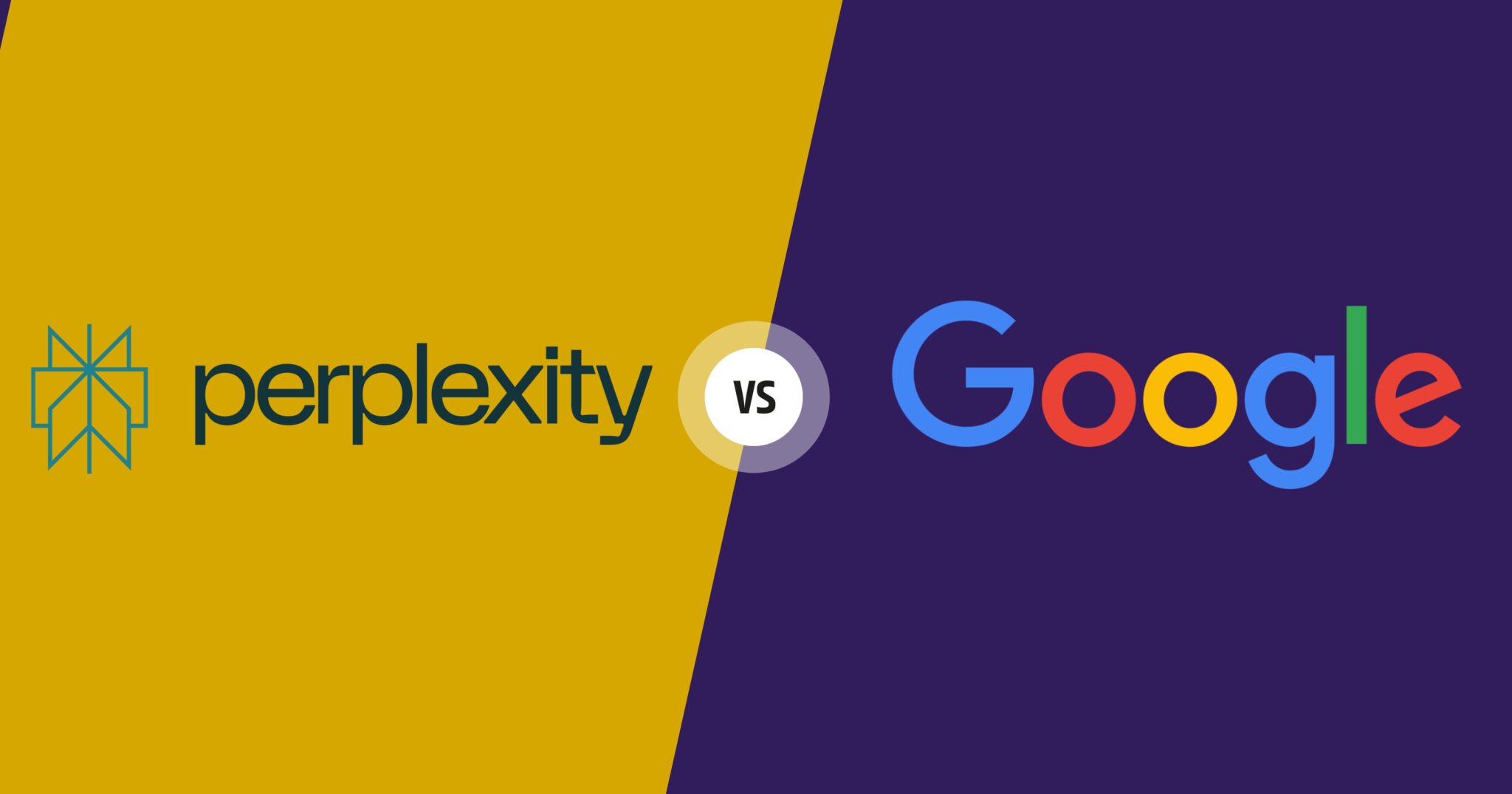Can Perplexity Disrupt Google Search with its New Answer Modes?

Perplexity is ramping up its efforts to challenge Google Search by introducing new Answer Modes. The feature is specially designed to improve search results for selected verticals like travel, shopping, places, images, videos, and jobs. CEO Aravind Srinivas announced it on his personal X account. With this new feature, Perplexity is trying to improve structured search results and commercial transactions on its platform, areas where Google has long dominated.
Perplexity’s new feature shows a glimpse into how the company plans to compete against Google’s ad-driven search model by delivering direct, transaction-ready answers instead of linking users to external websites.
Structured Answers
Google has spent years refining its Knowledge Graph and rich snippets, which ensure that users find direct answers on its search results page rather than needing to click on third-party websites. With the new Answer Modes, Perplexity is attempting a similar shift, however, with an emphasis on structured responses that cater specifically to different types of searches.
While Google provides a traditional list of links or text-based summaries, Perplexity’s approach is a bit different. It offers interactive elements, like image carousels, videos, and structured data cards, which are expected to provide a more intuitive experience for finding relevant information quickly.
Srinivas noted that the feature is currently available on the web and will soon expand to mobile. The ultimate goal is to make the search experience so seamless that users won’t need to click on separate tabs for different search categories.
Perplexity’s Travel Play: Native Hotel Bookings
One of the biggest additions under the new Answer Modes is the ability to book hotels directly within Perplexity, thanks to partnerships with TripAdvisor and Selfbook. This is a clear move toward native transactions, allowing users to complete bookings without being redirected to other websites.
Srinivas also mentioned that Perplexity Pro users might receive exclusive benefits, such as discounts on hotel bookings made through the platform. While details remain scarce, this strategy could help the company create a more loyal user base, differentiating it further from Google’s advertising-driven travel search model.
Aiming at Google’s Core Business
Google has become the go-to search engine, so much so that it has become a synonym for search for many. Google’s search business thrives on advertisers paying for visibility, which often means that organic results take a backseat to paid placements. Perplexity’s slight pivot toward transactions is a bold strategy aimed at disrupting Google’s primary revenue stream—AdWords.
Srinivas took direct aim at this model, stating that Google is “positioned in an evil but legal way” to take credit for brand awareness that other platforms generate. He suggested that platforms like social media or independent research sites contribute to consumer decision-making, but Google ultimately monetizes those searches through its ad-driven model.
By embedding native transactions within search, Perplexity is trying to bypass Google’s ad ecosystem entirely. This could be a game-changer if users start seeing value in a search engine that doesn’t rely on sponsored placements but delivers direct, actionable results.
A Long Road Ahead for Perplexity

Despite its ambitious plans, Perplexity faces an uphill battle if it’s actually trying to compete against Google Search, which holds over 90% of the global market. Google’s dominance is reinforced by deep integration with Android, Chrome, and Google Assistant.
Apart from that, Google is not left behind when it comes to AI capabilities. The search giant has its Search Generative Experience (SGE), which aims to provide AI-powered results similar to Perplexity’s approach. If Google integrates its version of native transactions into its own search experience, then it could limit Perplexity’s chances of success.
However, it’s not all dark for Perplexity, either. The company’s strategy to differentiate itself through structured answers and direct transactions is a good shift in how search engines operate. If the company can refine its user experience and attract a loyal base, it might carve out a niche, especially among users frustrated with Google’s reliance on ads and paid placements.
For now, the battle between Perplexity and Google is just beginning, but with these new Answer Modes, Perplexity is making it clear that it’s not just another AI-powered search assistant—it wants to reshape how search works altogether.
